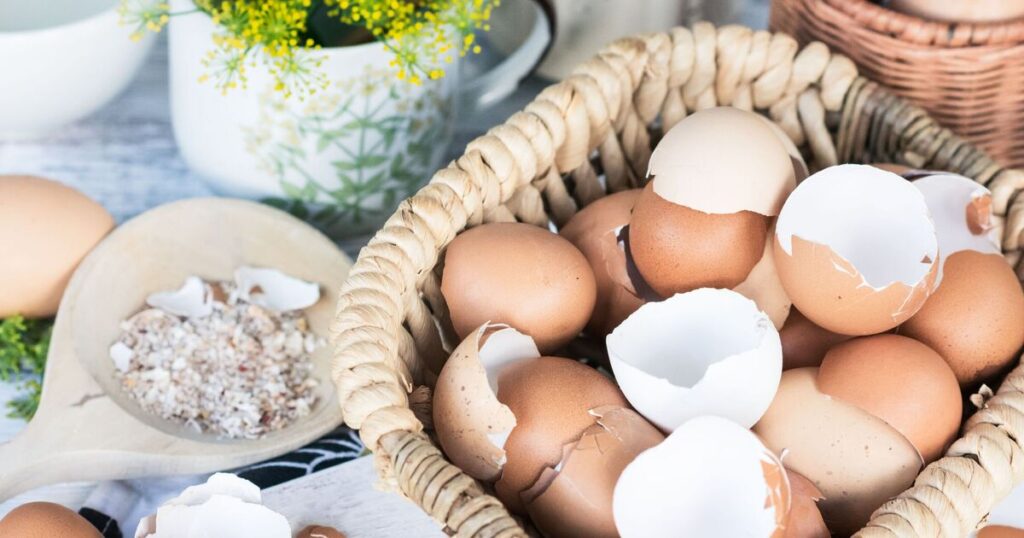
Eggs can be found in most homes across the UK. Among many things, they can be scrambled, poached, or fried. But once the eggs are used, most people throw the shells straight in the bin. Now experts are urging people to think twice before tossing them away.
With the cost of eggs rising all the time, there’s growing interest in how to get the most out of every part of them, including the shell. While it might seem like waste, egg shells are proving to be surprisingly useful. In fact, they can help with one of the most annoying kitchen cleaning jobs.
Experts say egg shells can be turned into a powerful home cleaning product that’s both natural and effective.
The secret lies in the shell’s texture and what it’s made of.
Trish Duarte, franchise owner at Maidpro, told Better Homes and Gardens: “Eggshells are full of calcium carbonate, the same compound found in chalk and limestone.
“It’s tough enough to scrub off burnt bits and stains, but soft enough to avoid scratching sturdy surfaces like stainless steel or ceramic.”
To use them safely, they must first be cleaned. Duarte recommends soaking them in warm water to remove any leftover egg whites, then boiling them for five minutes to kill any bacteria.
After that, they can be dried in the oven at 200F (93C) for around 20 minutes before cooling.
Once prepared, the shells should be ground into a fine powder using a blender.
The powder can then be mixed with dish soap and warm water to make a gentle cleaner, or combined with baking soda and lemon juice for tougher stains.
Egg shell powder is particularly useful for removing stains from dishes.
“Eggshell powder is a gentle abrasive that helps remove charred leftovers without scratching your cookware,” said Duarte.
It can also clean mugs, thermoses, and cutting boards, and help lift tea and coffee stains.
Swirling a mix of eggshell powder and water overnight in stained cups is said to remove odours too.
Other uses include cleaning sinks, faucets, and tiles. When mixed with vinegar or lemon juice, the powder becomes a paste that can help remove mineral build-up and grime.
But experts warn it shouldn’t be used on non-stick pans, polished stone or soft plastics, as it may cause damage.
“It’s not glamorous. It’s not flashy. But it is smart, responsible, and deeply satisfying,” Duarte added.
“It reminds us that sustainability often starts in the smallest, most ordinary places, like a breakfast plate.”
For many, this simple switch could help save money and reduce waste, all while tackling one of the kitchen’s most frustrating chores.
 Latest World Breaking News Online News Portal
Latest World Breaking News Online News Portal






